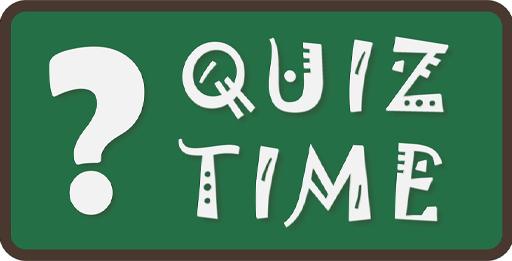1.3 Session 1 quiz
You have now looked at managing through organisational culture. To test your understanding of this managerial approach, have a go at the Session 1 quiz.

Activity 3 Session 1 quiz time
a.
a. Beliefs
b.
b. Norms
c.
c. Stories
d.
d. Symbols
The correct answers are a, b, c and d.
Answer
a, b, c, d (all of the above). Organisational culture defines as ‘the set of beliefs, values, assumptions, norms, stories, ceremonies, [artefacts], and symbols within the organisation, that influence the way employees behave and perform their jobs’ (Cunliffe and Luhman, 2013, p. 118).
a.
a. Representation, production, marketing
b.
b. Identity, production, regulation
c.
c. Marketing, operation, human resource management
d.
d. Communication, production, marketing
e.
e. Consumption, representation, regulation
The correct answers are b and e.
Answer
Answer: b and e. The five primary cultural practices are representation, identity, production, consumption, and regulation.
a.
a. The practice of constructing meaning through the use of signs and language
b.
b. The practice of disseminating information, making decisions and agreeing on future actions
c.
c. The practice of how information is consumed by those present
d.
d. The practice of positioning themselves and taking on a particular role when performing tasks.
The correct answer is d.
Answer
D. A – representation, B – production, C – consumption, D – regulation. ‘Identity’ is the cultural practice of positioning themselves and taking on a particular role when performing tasks. For example, during the departmental meeting, participants take on particular roles, such as the meeting chair, secretary, etc.
a.
a. The meeting is chaired by the manager or a senior member of the department
b.
b. Meeting follows a specific procedure
c.
c. When a question is put to all members, perhaps junior members might wait for more experienced departmental members to answer first
d.
d. The meeting is required to be minuted for future reference
The correct answers are a, b, c and d.
Answer
Answer: a, b, c, d (all of the above). ‘Regulation’ cultural practice involves the practices of formally (and informally) conducting the meeting.
a.
a. Organisational culture is a mechanism to shape employees’ attitudes and values which ‘fit’ with the espoused ideals of an organisation
b.
b. The underlying assumptions of organisational culture define organisational membership
c.
c. Organisational culture can stimulate employee loyalty by manipulating a reward system
d.
d. Organisational culture can affect employees’ love of the organisation via influencing organisational myth and ritual.
The correct answer is c.
Answer
c – Bureaucratic control can stimulate employee loyalty by manipulating a reward system.
